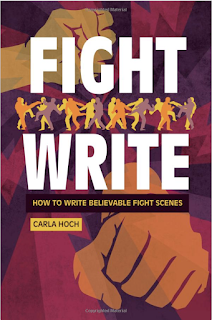 If you have read my book, Fight Write: How to Write Believable Fight Scenes, you are familiar with how fighting/violence is entangled with human emotion. The former simply can’t be separated from the latter. And, from the standpoint of writing, I believe the emotions surrounding a fight scene are far more important than the blocking of the moves. The emotions are what every reader can relate to in a fight scene regardless of their knowledge of fighting. And, after a violent act, there is often shame, guilt or regret. We have to know the difference.
If you have read my book, Fight Write: How to Write Believable Fight Scenes, you are familiar with how fighting/violence is entangled with human emotion. The former simply can’t be separated from the latter. And, from the standpoint of writing, I believe the emotions surrounding a fight scene are far more important than the blocking of the moves. The emotions are what every reader can relate to in a fight scene regardless of their knowledge of fighting. And, after a violent act, there is often shame, guilt or regret. We have to know the difference.
Possible the best resource on the subject of shame, guilt and regret is fellow Houstonian, Brené Brown. She is an amazing person and has spent the past two decades studying courage, vulnerability, empathy and shame. That last one was the one I wanted to know more about because, hey, guilt and shame are the same thing, right?
Wrong.
After reading Dr. Brené’s work (I’m still reading Rising Strong) and watching her videos and listening to her podcasts I learned that I don’t know much about guilt and even less about shame and regret. Heck, I found out I don’t know much about emotions as a whole because I’m not a fan of feeling them! WOW, this went from zero to personal real fast… Anyway, I can’t be the only person who doesn’t understand these emotions as they truly manifest. So, if you have a character who feels guilty and hates himself because of it #1, this post is for you and #2, you’re wrong. Shame doesn’t behave that way. Read on.
Shame
Shame is a lethal, self-centric emotion. It is connected to destructive behavior and requires silence. Shame convinces the one who feels it that they are unworthy of love, happiness or any good thing at all. When bad things happen to the person who feels shame, they will believe it is exactly what they deserve.
Shame is a constant, painful crushing of the soul. Our characters will go to great lengths to numb this feeling often using what Dr. Brené calls shame shields. So, if your character feels shame, this is how they may behave as a result to lessen the pain of that shame. I will relate each behavior to a member of the Breakfast Club. 😃
1. Move inward: The character will turn inward, withdraw from others, hide, or become quiet. They may wear clothing that makes them feel hidden and secure.
2. Move against: The character may move against the shame they feel by trying to make others feel shame as well. They will lash out to make their target feel the misery that they feel.
Guilt
Guilt is positive and not connected with negative behavior. If your character says that the reasoning for their destructive behavior was guilt, they are wrong. It was because of shame.
Guilt, according to Dr. Brown, is “holding something we’ve done or failed to do up against our values and feeling psychological discomfort.” Guilt separates the action from the one who does the act unlike shame that sees them one in the same. Guilt says, “I have done a bad thing.” Shame says, “I am bad.” While the former is as powerful as the latter, the two have very different results.
Guilt is productive, a motivator for the the characters we write. Guilt will make characters emotionally, even physically, uncomfortable and goad them toward change. They will look at what they did and think, that was incredibly painful. I don’t want to do that again, it hurts too much. However, characters who feel shame will think, I am horrible and I deserve to hurt.
Chapter 8 of my book, Killing Isn’t Easy, examines the effects of violence on the human psyche including those associated with PTSD. Guilt is woven deeply into the fabric of the disorder as can be both regret and shame. It stands to reason that if your character is party to a violent act, even as an onlooker, shame, guilt and/or regret may be packed tightly in their emotional baggage. Yes, even those who witness a violent act may develop PTSD, especially if they see the faces of those involved. Why? Read,The Aftermath of Killing in Chapter 8 of my book.
Regret
Regret is looking back on something we should have or could have done differently. And, according to Dr. Brown, is a function of empathy. Empathy is being willing to share in what someone else feels. When we consider something we regret, we consider how our action or inaction did or could have impacted others. And, that other person may be our own selves. Regret is a, “a call to wisdom.”
The character who lives by the “no regrets,” mantra is choosing to live without reflection and choosing to not feel how their actions impacted others. This character is not brave and is not “carpe-ing” the diem. I think of “No Regerts” living as a junk food life. Sure, you are feeding yourself with daily experience. But, it’s not food that helps you grow. It’s a life that just occupies you with chewing. You stay full bellied, satisfied and completely stunted.
How will all of this manifest in our characters. Characters who feel guilt or regret will move toward change. People don’t generally change until it hurts too much to stay the same. Guilt and/or regret are a part of that process. Neither guilt nor regret will be a cause for violence against the self or others. That is not to say they will not cause psychological pain that goes so far as to manifest physically. Our characters should feel the pains of guilt and regret. But, again, that pain will prompt change not the drive to inflict pain on others. That is a function of shame.
Here’s a clip of Dr. Brown explaining the difference in guilt and shame. I think it is powerful for our characters because it is powerful to us as humans. The better we understand ourselves and each others as humans the more tools we have to create fuller, richer characters. I highly suggest all of Dr. Brown’s books to all humans. And most cats. Dogs are good. Most cats need to check themselves!
Until the next round at FightWrite.net, get blood on your pages.


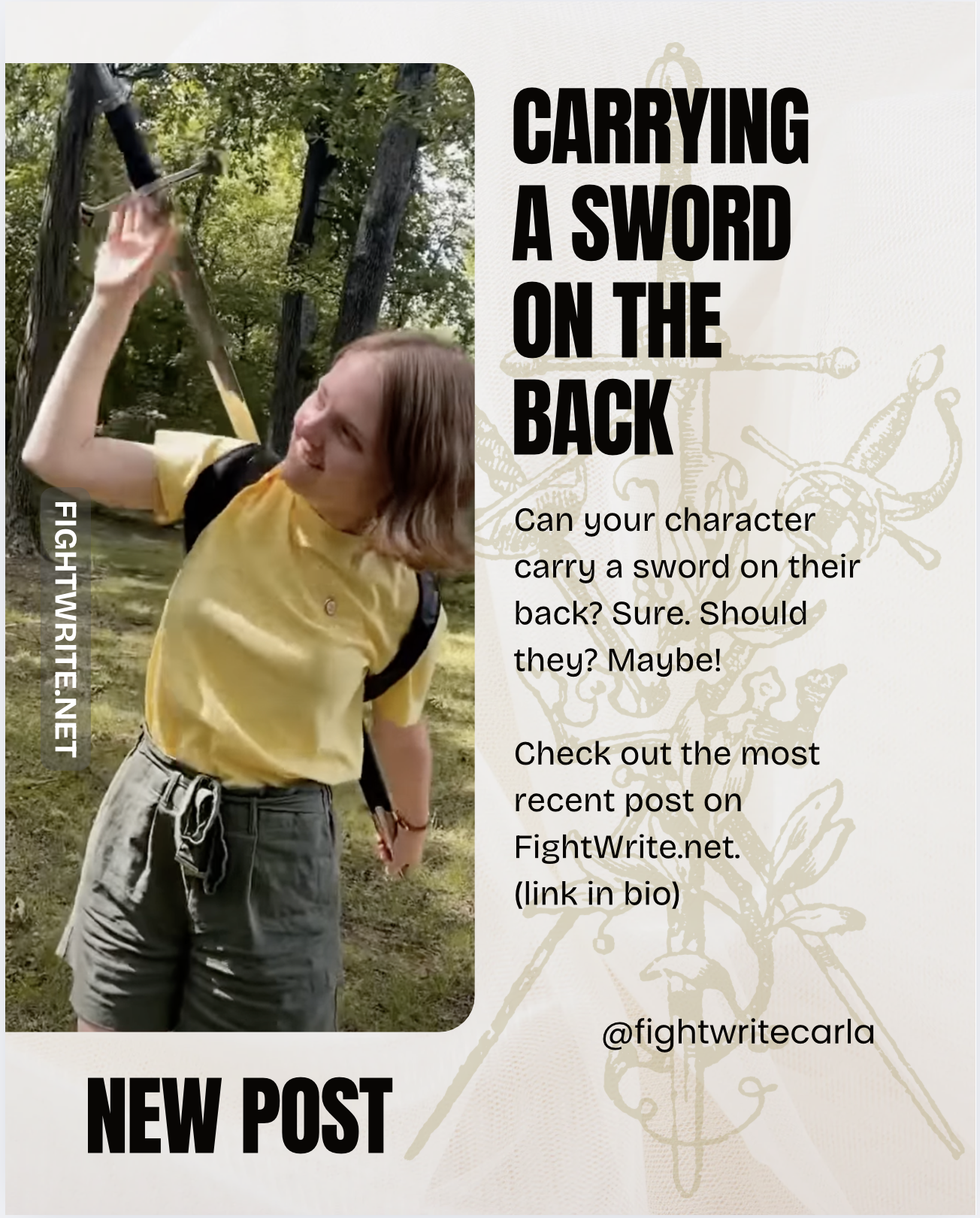
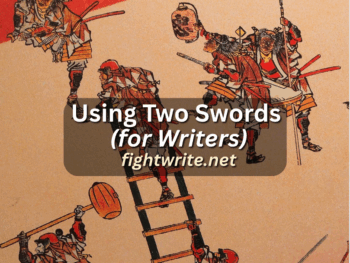
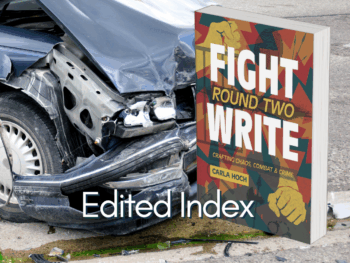
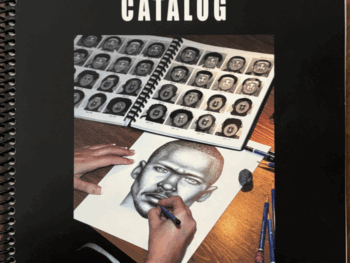

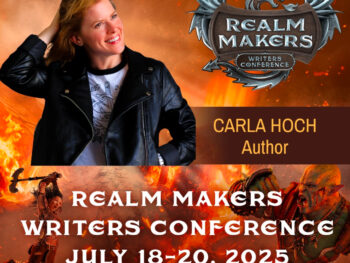
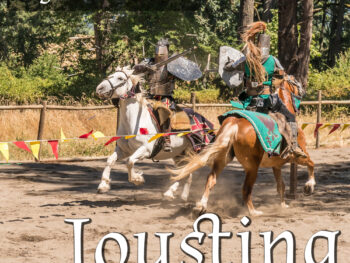

Oh really enjoyed this! Looking forward to the next post 🙂
MB: keturahskorner.blogspot.com
PB: thegirlwhodoesntexist.com
Wow! I got it right without knowing I was getting it right! My MC in the Hippies trilogy feels enormous shame about her year with the hippies in San Francisco, largely because she crossed boundaries that she never would have believed she would cross. She told ONE person when she went home, and that was her psychiatrist. It took 20+ years for her to overcome that shame and know she really was worth loving.
I've dealt with shame in my own life, and it's powerful, binding stuff. So much of it begins in our childhood and rears its head when we hit about 30.
As always, Carla… spot on! Keep 'em coming!